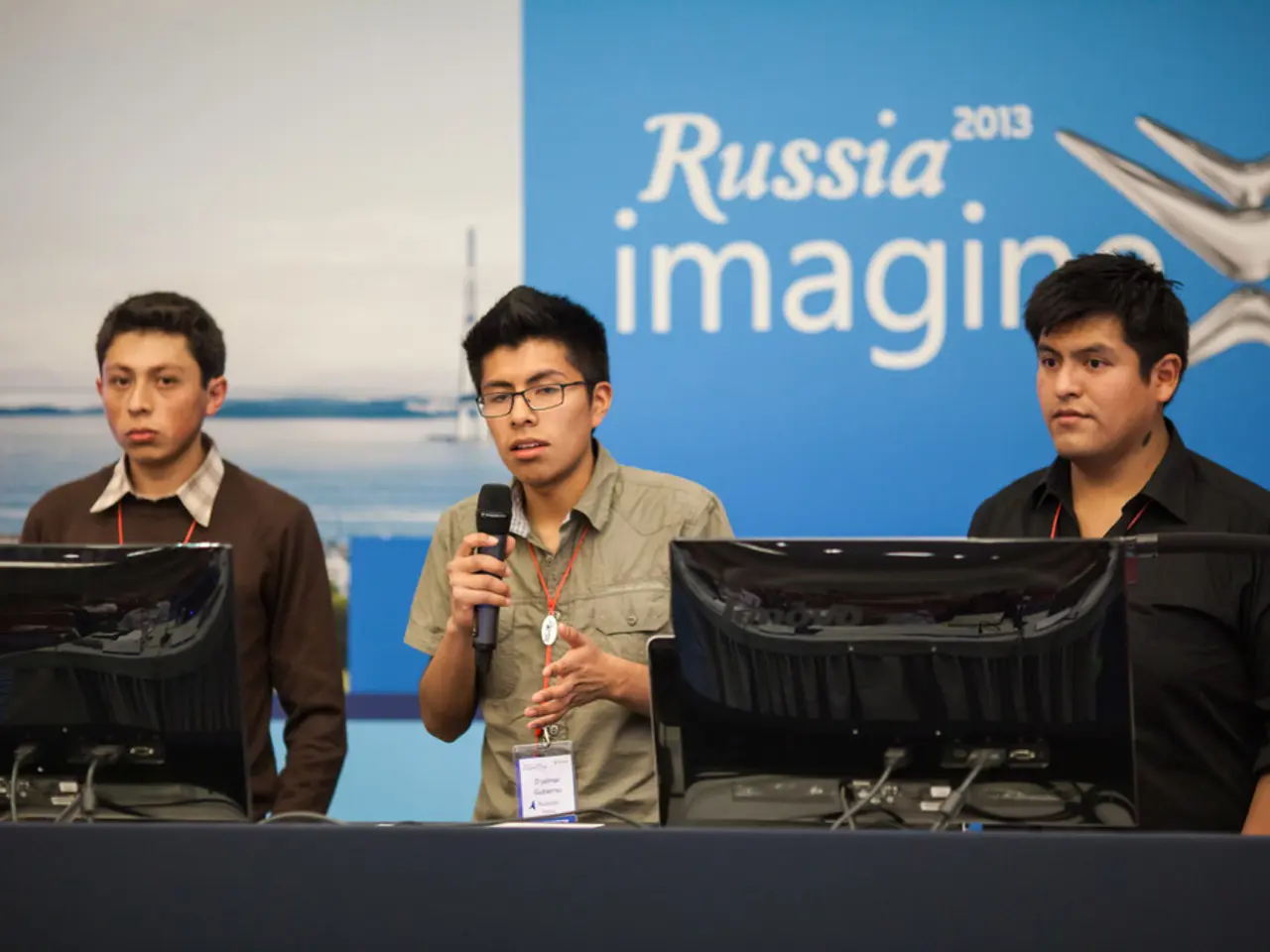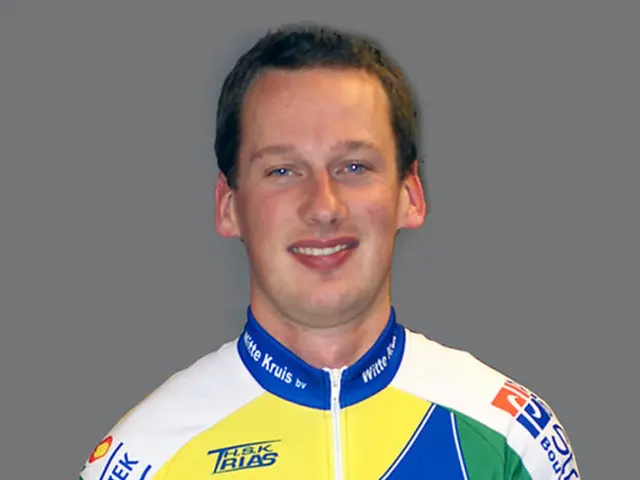Ukrainians opted for apprehension about an intensification instead of a truce
In a significant diplomatic move, U.S. President Donald Trump and Russian President Vladimir Putin met on August 15, 2025, at Joint Base Elmendorf–Richardson in Anchorage, Alaska. The primary focus of the summit was finding a resolution to the ongoing Russo-Ukrainian War.
However, the meeting did not include Ukrainian President Volodymyr Zelenskyy, raising concerns in Kyiv and European capitals about potential territorial concessions in Ukraine. The summit concluded without an announced agreement, with Trump later suggesting that the onus was now on Ukraine to cede territory as a step towards ending the conflict.
The meeting aimed to facilitate peace talks and a potential ceasefire, but no concrete agreement was reached. Trump had previously threatened severe consequences if Russia did not agree to a ceasefire. The exclusion of Ukraine from the talks and Trump's comments on territorial concessions heightened concerns that any agreement might disadvantage Ukraine.
The summit's outcome could have significant implications for the transatlantic alliance and European security, as concerns about potential deals that favor Russia over Ukraine's interests have been raised. Prior to the summit, Trump had set deadlines for Russia to show commitment to ending the war, threatening increased sanctions if not met. The decision to hold the summit instead of imposing sanctions reflects a shift in strategy.
Meanwhile, developments on the ground in Ukraine continue to be troubling. A Ukrainian drone attack targeted a refinery in the Russian city of Volgograd, causing damage and injuries. Ukrainska Pravda and the regional governor reported the incident. Nina Winzen, working for the UN Refugee Agency (UNHCR) in Kyiv, described the ongoing attack in Ukraine as causing destruction, suffering, death, displacement, and daily fear for the lives of the people.
In a positive development, Ukraine and Russia have exchanged prisoners, with 84 people being released, including 33 Ukrainian soldiers and 51 civilians. The Ukrainian army also reported stabilizing the difficult situation on the front section at Dobropillia and Pokrovsk in the eastern Ukrainian region of Donetsk.
As the conflict continues, international support for Ukraine remains strong. Germany is co-financing a US arms package for Ukraine, making it the "largest European donor of military aid to Ukraine." Germany, along with other NATO allies, is also ready to fund one of the initial US arms and munitions support packages for Ukraine, worth up to $500 million.
However, concerns persist about the intentions of world leaders, particularly U.S. President Donald Trump, during his meeting with Putin. Former German ambassador Rudiger von Fritsch fears that Trump could submit to Putin during their meeting, with Putin's goal being to subjugate Ukraine and weaken European security.
As the summit unfolds, the world watches with bated breath, hoping for a peaceful resolution to the Russo-Ukrainian conflict. British Prime Minister Keir Starmer will receive Ukrainian President Volodymyr Zelensky in London the day before the summit, offering a show of support for Ukraine amidst these tense negotiations.
The absence of Ukrainian President Volodymyr Zelenskyy in the meeting with Trump and Putin, coupled with Trump's comments about territorial concessions, lends credence to concerns about a potential agreement that may favor Russia over Ukraine. The community policy or general approach of world leaders, particularly U.S. President Donald Trump, towards resolving the Russo-Ukrainian War, especially during his meeting with Putin, remains a matter of great interest and concern for many, including former German ambassador Rudiger von Fritsch who fears Trump could succumb to Putin's aims to subjugate Ukraine and weaken European security.








